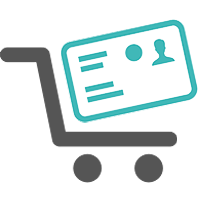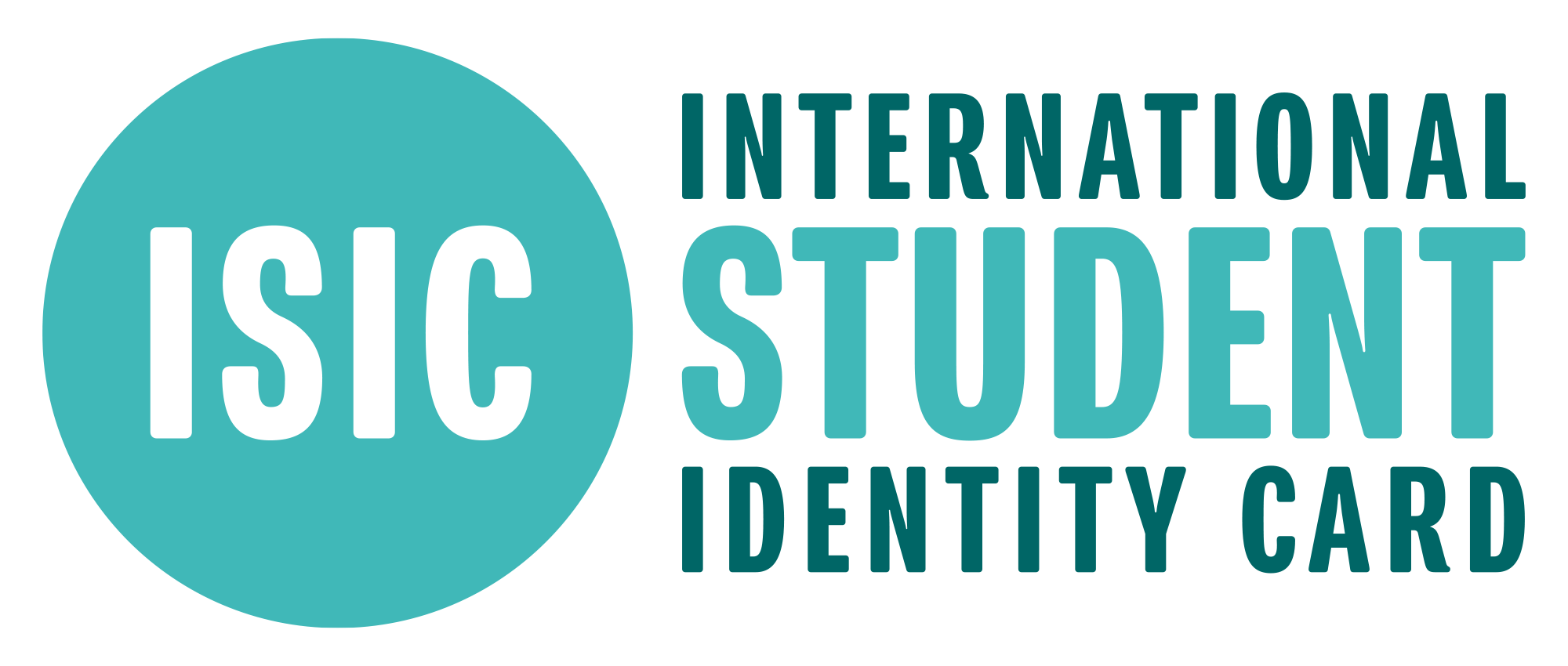
CV and job application abroad may differ in form from what you are used to at home. Read our tips to creating an international CV and application for your dream job abroad!
CV and job application abroad
Landing a job or an internship position abroad follows a largely similar path than here at home: thorough preparations, personal, well crafted CV and background work on the company will take you a long way anywhere around the globe. However, the form of the CV and the contents of the standard application may differ from what you are used to at home. Read through our tips and tricks to building an international CV and writing a job application for job hunting abroad!
The form of CV and application
CVs and job applications are unfortunately slightly different wherever you go. That's why it is crucially important that you get to know the CV and job application practices of your destination country, so that you don't send a perfect Icelandic CV and application only to cause confusion in your potential future employer.
Although it's good to bear in mind the country-specific details while drafting your CV, it's also worthwhile to create an international CV that meets the requirements of most job markets and is internationally understood and accepted. Such a CV can be made with Europass, for example. Also, if you already have a LinkedIn account, you can draft a CV based on your LinkedIn profile. Some jobs also allow you to apply online with your LinkedIn profile, so it's definitely worthwhile to keep it up to date at all times! If you're going to draft your CV on your own, a general rule is that it should be 1-2 pages in length and in English (unless specifically asked to deliver your application and CV in the local language). Adding a picture to your CV is common in Europe, but in the US the CV is usually sent without a picture. If possible, contact your possible future employer and ask what form they usually prefer to have applicants' CVs in and if there are some things they'd specifically like you to point out in your application.
Thorough background work and preparation is key in job hunting; when you know your possible future employer and their current topics, you can create a CV and an applications that speaks directly to them and their needs right now.

Take time to write your CV and application, and most importantly: Do your research!
When applying for a position abroad, on top of listing the skills that are relevant for the job in question, focus on your skills that tell your employer about your internationality. Not many students have international working experience, and not everyone has been on an exchange program or lived and travelled abroad. That doesn't mean that the skills you've acquired home would not be of use when applying for a position abroad. Your future employer likely expects you to have experience of compromising and handling stressful situations, not least because you are applying for a job abroad and thus will have to move to another country.
Gather yourself a CV "megafile" that contains every little bit of working experience, hobbies and studies you've ever done. From this megafile it's easy to dig up useful skills and experience for the application and CV in question. Draft a new CV and application for every job you apply. This way you'll make sure that you've listed just the right skills and experience for the position; no use listing hobbies and skills that won't add anything to your professional profile for the job in question.
Because your future employer is probably not familiar with the school and education system or hobby culture in your home country, giving them concrete examples of your activity and initiate is crucial. Don't just list everything you've done, but explain when, where and how you took initiative in different projects. Tell about about how you've supported and assisted your school or work mates, and don't forget to talk about any extracurricular activities or volunteer work you've done. Concrete examples of your initiative, experience and skills will also make the possible interview easier for you, when you can pinpoint something you've already mentioned in your application.
The interview
Preparing for an interview on the phone or on a video call requires just as much preparations as a face to face interview. When dealing with technology, there's no such thing as too much, when it comes to checking if you're equipment and programs work and run as they should. If the interview is a video interview, make sure that you've got a calm, bright room for your interview, and that you'll have no interruptions or distractions during your interview. If you're doing the interview at home, make sure that there aren't piles of laundry or dirty dishes on the background, that would give an unflattering impression of you. Test your mike, headphones and camera well in advance and also make sure that you've got a strong and solid internet connection throughout the call. If you're doing the interview with an employer from a different timezone, make sure you're at your computer at the right time!
Even though you're not at a face to face interview, remember that it's not very credible if you read your replies from paper or have to look up an answer to the employer's questions. It's perfectly alright to be nervous, but prep the interview beforehand so that you are more relaxed and able to converse fluently at the interview, and won't have to read from your notes. Also, come up with a few questions to your employer beforehand to show that you have done your research and are keen on landing the job.
After the interview, it's alright to wait for a while before contacting the employer again about how you are (or are not) proceeding with the recruitment process. Don't bombard the employer with questions, especially if they've given you a date when they'll contact you again, but if they haven't, it's alright to drop them an email and inquire about the decision. If you did not land the job, ask the employer what kind of applicant was chosen and if they'd be able to give you any feedback on your application and interview. Sometimes a dream job might slip through your fingers, and it's rough, but it's also always a chance to learn from the process and gain experience!

Ask your future employer more about the job and your future team and colleagues. It's recommended to be proactive after the interview, if the employer has not given you a date when they will contact you to inform about the selection process.
Sources:
Go Overseas: How to Write a Resume for Anywhere in the World
All about Careers: International CV
Make a Europass CV: https://europass.cedefop.europa.eu/fi/documents/curriculum-vitae
Go Overseas: Tips for acing your interview for an international internship
 Get your ISIC card
EUR 12
Get your ISIC card
EUR 12
